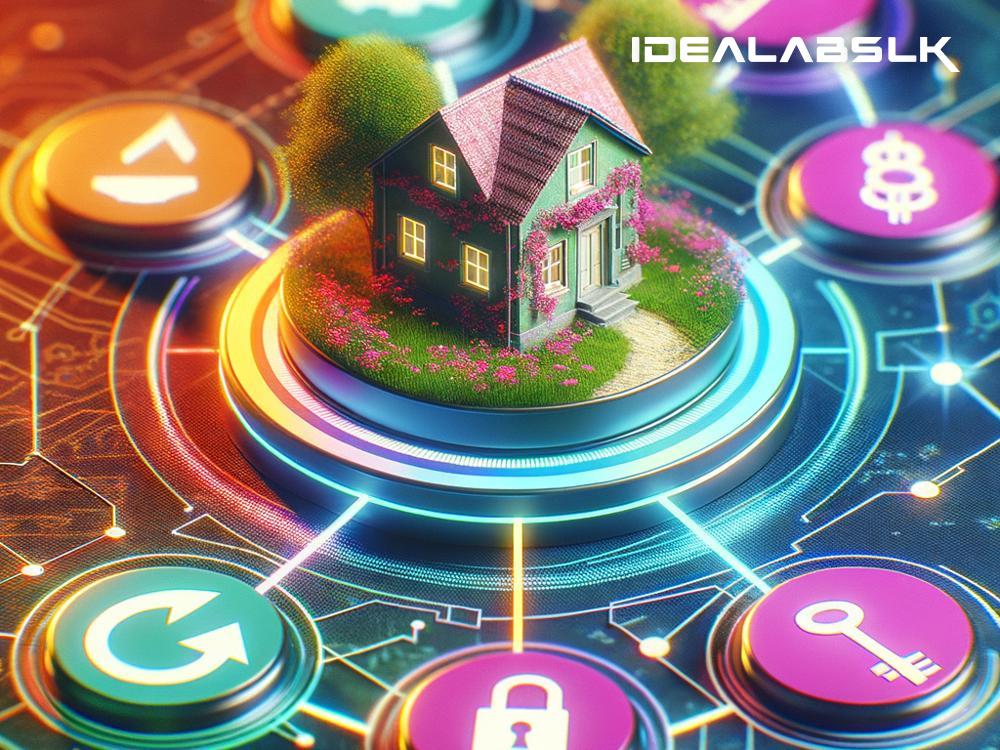Title: Smart Contracts in Real Estate: Revolutionizing Property Deals
Introduction:
Imagine a world where buying and selling property is as easy as clicking a button. No heaps of paperwork, no long waiting periods, and no surprise fees. Sounds too good to be true? Well, this is where smart contracts come into play, particularly in the realm of real estate. This revolutionary technology is reshaping how property deals are conducted, making the process smoother, faster, and transparent. Let's dive into how smart contracts are turning the real estate world on its head and why they might just be the future of property transactions.
What are Smart Contracts?
Before we get ahead of ourselves, let’s break down what a smart contract is. Simply put, a smart contract is a self-executing contract with the terms of the agreement directly written into lines of code. These contracts run on blockchain technology, which means they are secure, decentralized, and tamper-proof. When specific conditions are met, the contract automatically enforces and executes the agreed-upon terms. Imagine it as a vending machine for legal transactions - you put in your money (or in this case, meet the contract conditions), and the machine automatically gives you your snack (or finalizes your real estate deal).
Revolutionizing Real Estate Transactions
Faster Processes:
Traditionally, buying or selling a property involves a lot of time-consuming steps - from due diligence, signing a pile of documents, to waiting for financial transactions to clear. Smart contracts streamline all these stages into an efficient, automated process. For instance, once both parties agree on a price and conditions, a smart contract can instantly execute the transaction, transferring ownership and funds simultaneously without delay.
Reduced Costs:
Real estate transactions usually involve multiple intermediaries - lawyers, brokers, banks, which means more fees. Smart contracts have the potential to significantly reduce, or even eliminate, the need for these intermediaries by automating the roles they play. This automation not only cuts down on costs but also on the possibility of human error, making the whole process more economical and reliable.
Enhanced Security and Transparency:
Since smart contracts operate on blockchain technology, they offer an unprecedented level of security. Altering any part of the transaction record is near impossible without the consensus of all parties involved. Furthermore, every step of the transaction, from initial agreement to final execution, is transparent and visible to all parties, ensuring a level of trust and accountability that traditional methods struggle to match.
Challenges and Limitations
While the benefits of smart contracts in real estate are clear, there are still challenges to address. For one, regulatory and legal frameworks around blockchain and smart contracts are still in development, raising questions about their legal enforceability. Additionally, the technology’s complexity and the need for digital literacy can be barriers to widespread adoption, especially among those uncomfortable with new technologies.
Real-World Applications and the Future Ahead
Despite these challenges, the adoption of smart contracts in real estate is already beginning to take shape. Several startups and even established companies are experimenting with these contracts for property sales, leasing, and even crowdfunding real estate investments. As the ecosystem around blockchain technology matures, we can expect these applications to become more mainstream, potentially transforming the real estate sector as we know it.
The future of real estate transactions through smart contracts holds promise for a more efficient, transparent, and fair property market. As stakeholders in the industry - from buyers and sellers to lawyers and governments - begin to embrace and adapt to this technology, we will likely see an acceleration in its adoption.
Conclusion:
Smart contracts in real estate signify a major shift in how property deals are conducted, streamlining processes that have traditionally been cumbersome and fraught with inefficiencies. While the road ahead may have its bumps, the potential benefits of increased speed, reduced costs, and enhanced security make it a journey worth embarking on. As we stand on the brink of this technological revolution in real estate, it's clear that the landscape of property transactions is set for a seismic transformation, heralding a new era of simplicity and trust in real estate deals.

